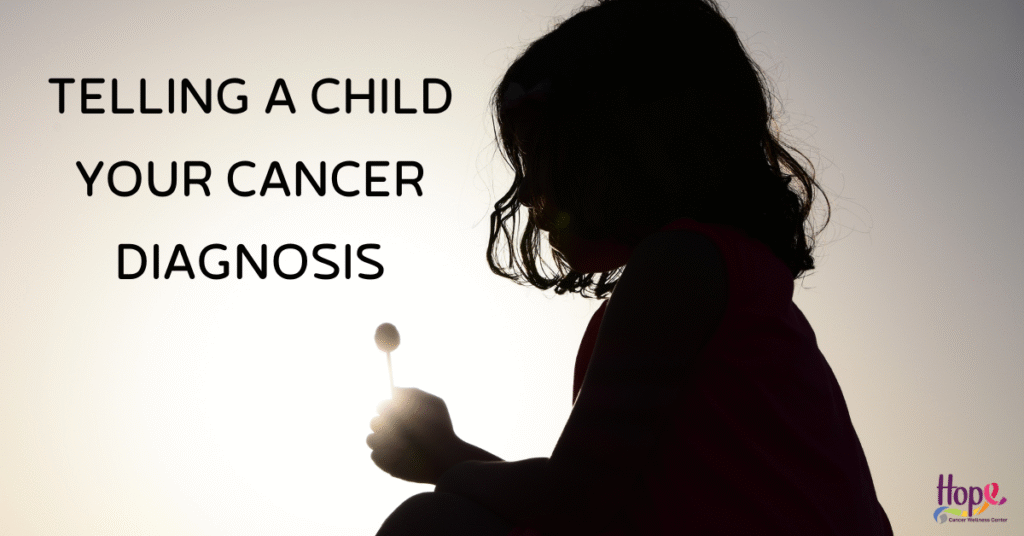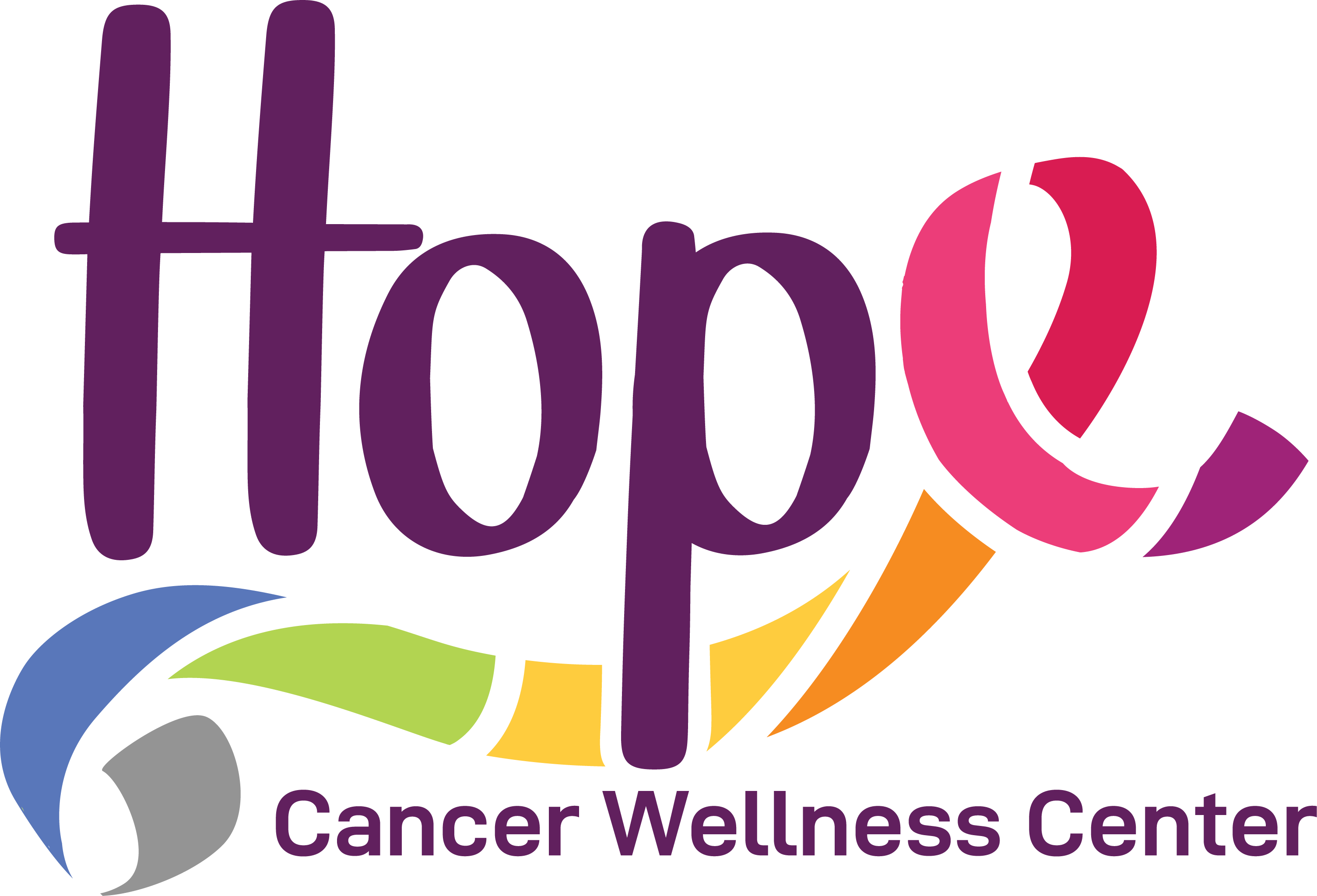
Telling your child you have cancer is something no parent ever expects to Google. But here you are—sitting with a diagnosis that flipped your world upside down, and now facing the impossible task of explaining it to someone whose whole world is you.
You might be wondering: Do I protect them from the truth? How much should I say? Will they understand? The good news (yes, there is some) is that with the right approach, this moment can become a powerful expression of trust, strength, and love.
Start with the Basics: Speak Their Language
The way you explain cancer to your child should depend on their age and emotional maturity. You don’t need to give them a medical textbook—you just need to give them honesty they can handle.
- For young kids (3–7 years old):
Use very simple, concrete terms. “I have something called cancer. It means I’m sick, but the doctors are helping me.”
Reassure them: “You can’t catch it,” and “It’s not because of anything you did.” - For kids 8–12:
They might ask more detailed questions, and that’s okay. Keep things honest but digestible. “Cancer happens when some of the body’s cells grow the wrong way. I’ll need treatment to help get rid of it.” - For teens:
Be more direct. They’re likely to research or overhear more than you expect. Invite open conversation, and acknowledge that it’s hard. “I want you to hear it from me. I have cancer. I don’t have all the answers yet, but I’ll share what I know and keep you in the loop.”
Pick the Right Moment
Avoid blurting it out in the carpool line or ten minutes before bedtime. Choose a quiet time when you can sit down face-to-face, without distractions.
Let your tone match your message: calm, steady, open. If you’re scared, it’s okay to show that—but balance it with hope. Kids can handle hard truths better than uncertainty or secrecy.
Be Clear and Call It What It Is
Don’t shy away from the word “cancer.” Euphemisms like “bad germs” or “a little sick” can lead to more anxiety, not less. Kids are intuitive—they’ll sense something serious is happening. Using the correct term helps reduce confusion and builds trust.
You might say:
“I have something called cancer. It means I’ll be seeing doctors a lot and getting special treatment that may make me tired or change how I look—but it’s all to help me get better.”
Let It Be a Conversation, Not a Speech
This isn’t a one-and-done talk. Your child might have no questions now… and 27 of them tomorrow at bedtime. That’s okay. Let them know they can come to you anytime.
If they ask hard questions like “Are you going to die?” take a breath and answer honestly—but gently:
“Right now, the doctors and I are doing everything we can to help me get better. And I promise to always tell you the truth.”
Keep Their World Steady (When You Can)
Kids find comfort in routines. While life might feel chaotic for you, keeping up with their normal activities—school, sports, playdates—helps them feel secure.
Let them know what might change and what will stay the same.
“Aunt Lisa will be picking you up from school while I’m at the hospital, but we’ll still have dinner together after.”
Support Their Emotions (Even the Weird Ones)
Kids process things in strange ways. One minute they’re crying, the next they’re asking if they can have ice cream. This is normal.
Give them space to feel it all. And let them know you have big feelings, too. That teaches them it’s safe to talk, feel, cry, or even laugh.
Some kids might benefit from:
- Drawing or journaling
- Books about cancer written for their age group
- Talking to a school counselor or therapist
Accept Help (Seriously—Do It)
You’re not supposed to do this alone. Let trusted adults in your child’s life know what’s going on so they can be extra eyes and ears. Teachers, coaches, even neighbors can provide gentle support.
Also, take care of you. The stronger and more supported you feel, the more emotional bandwidth you’ll have for your child.
Final Thoughts
Telling your child you have cancer is not just a Google search—it’s a moment that can shape how your child learns to handle fear, grief, and change. You don’t need perfect words. You just need honesty, love, and a willingness to walk through this together. If this is something you need help or support with, please don’t hesitate to reach out to Cayhla at Hope Cancer Wellness Center.
And remember: You are still you. You are still their safe place. That doesn’t go away, no matter what.
